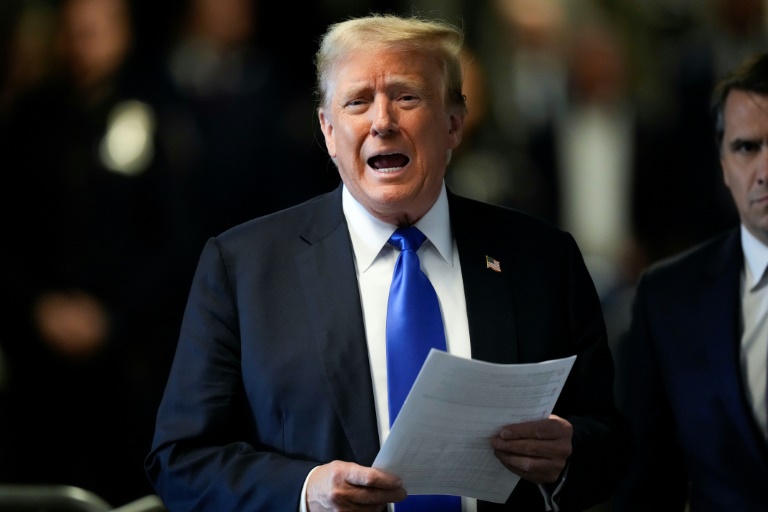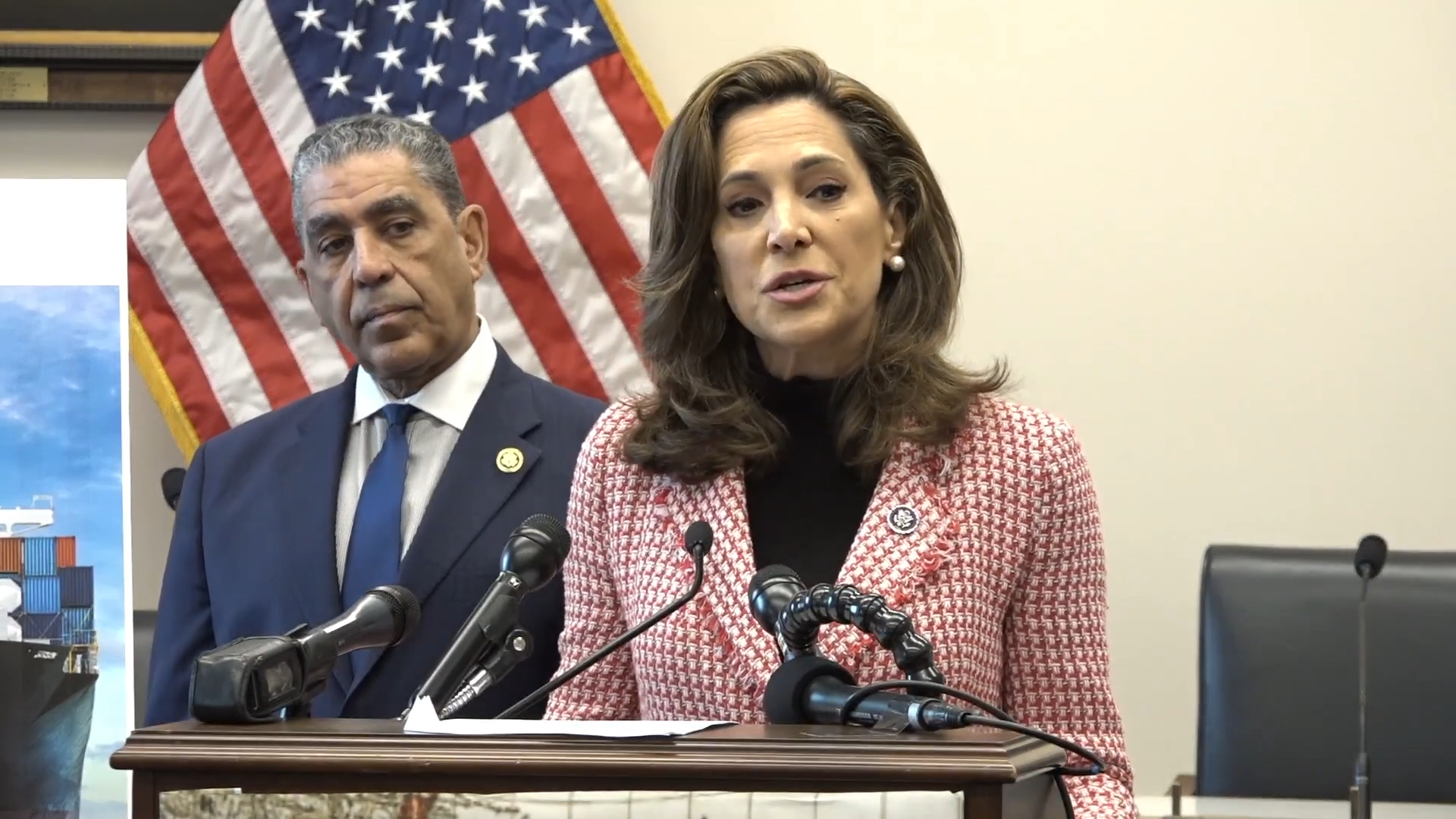Former President Donald Trump has announced his plans to further reduce the corporate tax rate, building on the cuts he implemented during his presidency.
The leading Republican candidate for the 2024 presidential race proposed lowering the corporate tax rate by another percentage point to 20% at a closed-door meeting with the Business Roundtable in Washington on Thursday, the Associated Press reported.
At the same meeting, President Joe Biden’s Chief of Staff Jeffrey Zients promised the administration’s commitment to global alliances and indicated that such cooperation would benefit American businesses.
Zients was substituting for the president, who was attending the Group of Seven summit in Italy.
Trump focused on taxes, inflation, and the need for increased oil production at the roundtable. Zients, on the other hand, focused on the importance of the United States’ global reputation and independent institutions like the Federal Reserve. He argued that these elements foster international trust, which is essential for U.S. economic success, AP reported citing sources.
Zients also pointed to the post-pandemic economic recovery and attributed it partly to the Biden administration’s collaboration with businesses on supply chain issues.
He also cautioned that Trump’s policies on immigration and trade could exacerbate inflation.
The current corporate tax rate is 21%, but even a small reduction will save billions of dollars each year for companies. Trump said the 20% is “a nice, round figure,” Bloomberg reported.
The Business Roundtable, which represents over 200 CEOs, has launched a campaign to maintain the corporate tax rate at 21%.
The debate over corporate taxes sets the stage for a significant clash between Democrats and Republicans, as some parts of the 2017 tax cuts are set to expire after 2025.
While some Trump supporters advocate for further reductions, Biden has proposed raising the corporate tax rate to 28% and increasing taxes on the wealthy to fund middle-class programs.
Biden’s administration insists that any tax cuts must be offset within a proposal, contrasting with the 2017 tax overhaul that resulted in higher budget deficits due to unmet growth projections.
Recent studies show that Trump’s corporate tax cuts did boost business investment, but not sufficiently to cover their cost.
The Congressional Budget Office estimates that extending the expiring tax cuts could cost $4.9 trillion over a decade, with the federal debt currently at nearly $27.6 trillion.
Biden’s budget proposal aims to raise nearly $2.2 trillion over 10 years by increasing corporate taxes. Trump, however, warned that higher corporate taxes could devastate the economy and added that it would lead to job losses and broader economic decline.







